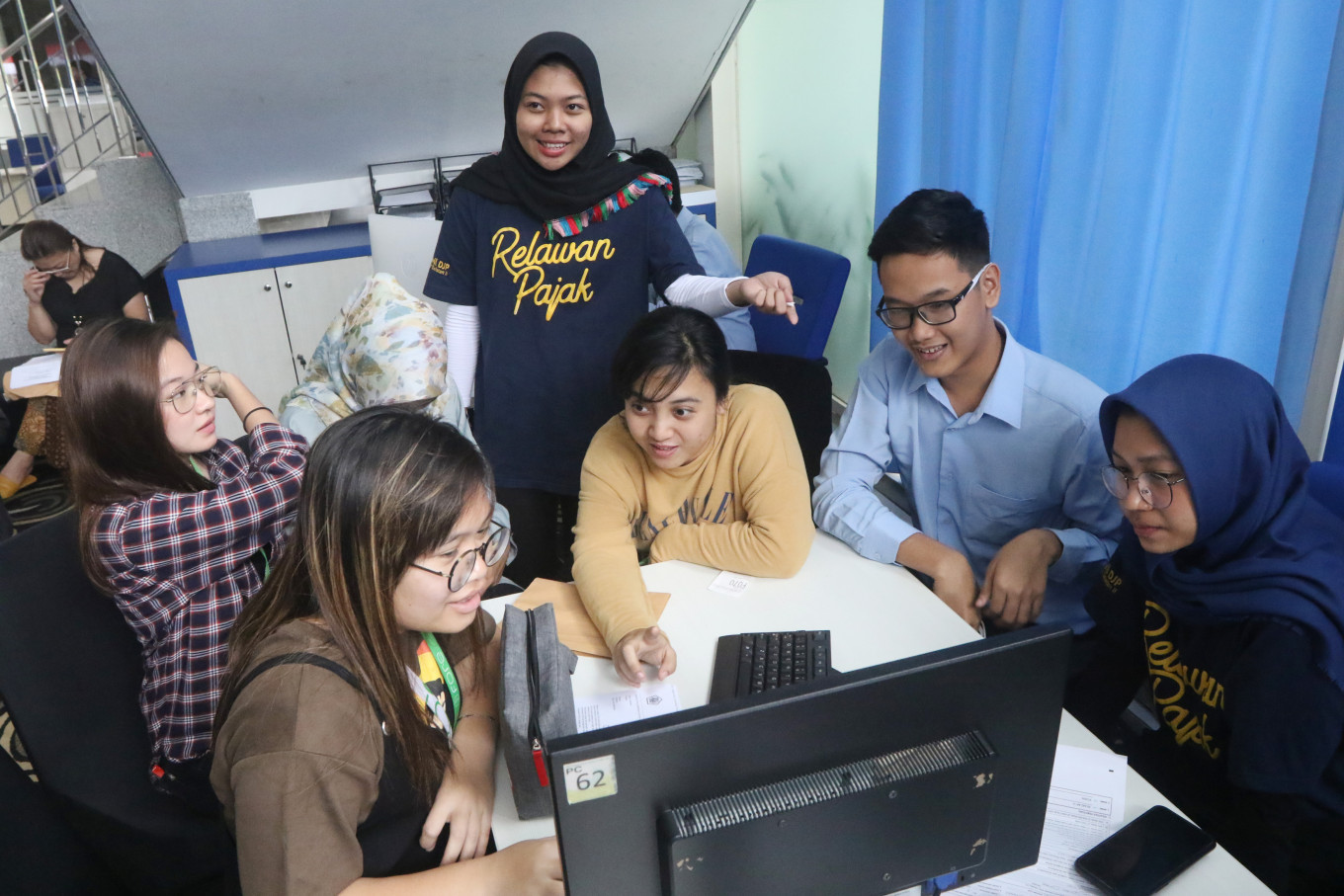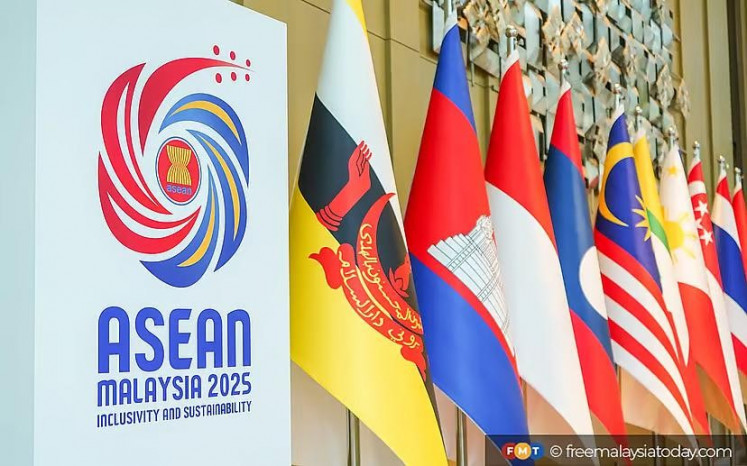Popular Reads
Top Results
Can't find what you're looking for?
View all search resultsPopular Reads
Top Results
Can't find what you're looking for?
View all search resultsChallenges of implementing tax examination abroad
Even though some economic jurisdictions are not Indonesia’s trading partners, the risk of tax avoidance remains because the assets of Indonesian taxpayers are parked in those countries.
Change text size
Gift Premium Articles
to Anyone
T
he Taxation Directorate General made a late bold move in January by issuing a decree that stipulates a law enforcement mechanism called Tax Examination Abroad (TEA).
The TEA is one of the audit or investigation procedures whereby the tax auditor/investigator can carry out its inspection activities abroad. This is indeed a new method because in the past auditors could not go to other countries to obtain evidence; the principle of reciprocity and sovereignty made it impossible. Yet, it turns out that the directorate faces challenges following the TEA ruling.
First, not all countries want to accept the TEA. To activate the TEA, an international agreement is required, stating that the two consenting countries agree to exchange information through the TEA. Indonesia has signed and ratified the multilateral agreement on the Convention on Mutual Administrative Assistance in Tax Matters (MAC).
By signing this agreement, the Taxation Directorate General can perform the TEA with other countries that are signatories.
As part of the TEA community board, the Organization for Economic Cooperation and Development (OECD) announced that, as of Feb. 6,136 countries had signed the MAC.
However, seven countries had reservations and refused to allow auditors from other countries to conduct the TEA in their territories. These are Andorra, Bahrain, Liechtenstein, Monaco, Qatar, Saudi Arabia and Switzerland. Indonesia clearly will not be able to conduct tax examinations in these countries and vice versa.
However, the reservations of these seven countries would not have a significant impact on Indonesia as the countries or territories that have signed the MAC are those where most of the asset discoveries were made by the Taxation Directorate General under the 2016 tax amnesty. These include Singapore, Hong Kong, the Cayman Islands, the British Virgin Island and China.
Even though some economic jurisdictions are not Indonesia’s trading partners, the risk of tax avoidance remains because the assets of Indonesian taxpayers are parked in those countries.
Second, passive audits. The OECD Exchange of Information Module Guidelines for 2006 stipulate that the follow-up for the TEA is divided into passive and active audits. Some countries only allow passive participation of tax inspectors in other countries in the TEA. This means that foreign auditors will be limited to only observations and deal with the host auditor regarding the source of evidence.
The applicant's state auditor will not be permitted to directly interview the parties in that country. Under active audits the applicant's state auditor is allowed to conduct interviews and examine documents with parties believed to be relevant to obtain relevant evidence in a foreign country.
The authority to determine whether the Taxation Directorate General is permitted to conduct active or passive audits rests with the state or the jurisdiction of the partner of the source of evidence.
If the directorate general is only allowed to conduct passive audits, the results obtained would not be as effective as with active audits.
Third, securing the confidentiality data safeguard of Indonesian taxpayers. Don't forget we are also obliged to let other countries come to Indonesia to look for evidence with the TEA, according to the MAC reciprocity principle.
The challenge is to filter out applications that enter Indonesia based on whether they are misused for something other than tax issues. The aforementioned Exchange of Information Module Guidelines 2006 also stipulate that the host country must consider six things for the TEA to be approved.
First, does the applicant country believe that the TEA will generate revenues? Second, has the country used various other methods to obtain evidence? Third, how significant is the magnitude of the case? Fourth, how many human resources are deployed in this case? Fifth, does the requesting country understand the domestic rules of the host country as they relate to the TEA?
Finally, what are the rules in the applicant's country regarding retention periods and the standard requirements for record keeping?
As a comparison, Indonesia has 10 years of bookkeeping retention rules based on Article 28 in our general procedure law. The Internal Revenue Service (IRS) requires American taxpayers to keep their tax documents for at least seven years; while the Inland Revenue Authority of Singapore (IRAS) requires Singapore’s taxpayers to keep their documents for at least five years.
If the Taxation Directorate General asked for approval to conduct the TEA for tax crimes of, say, 2011 in the United States and Singapore, the request would be denied; the cases have passed the retention period of bookkeeping.
But on the contrary, if the IRS requests the TEA to Indonesia, the Taxation Directorate General will find it difficult to turn down the request if all six criteria are met.
With these mounting challenges, the Taxation Directorate General should develop the TEA technical implementation procedure wisely. We should ensure that the sovereignty of this office as Indonesia’s tax authority would not be compromised because of improper application of reciprocity and sovereignty principles in the TEA implementation.
______
Taxation Directorate General official, Finance Ministry. The views expressed are his own.










